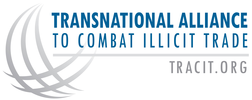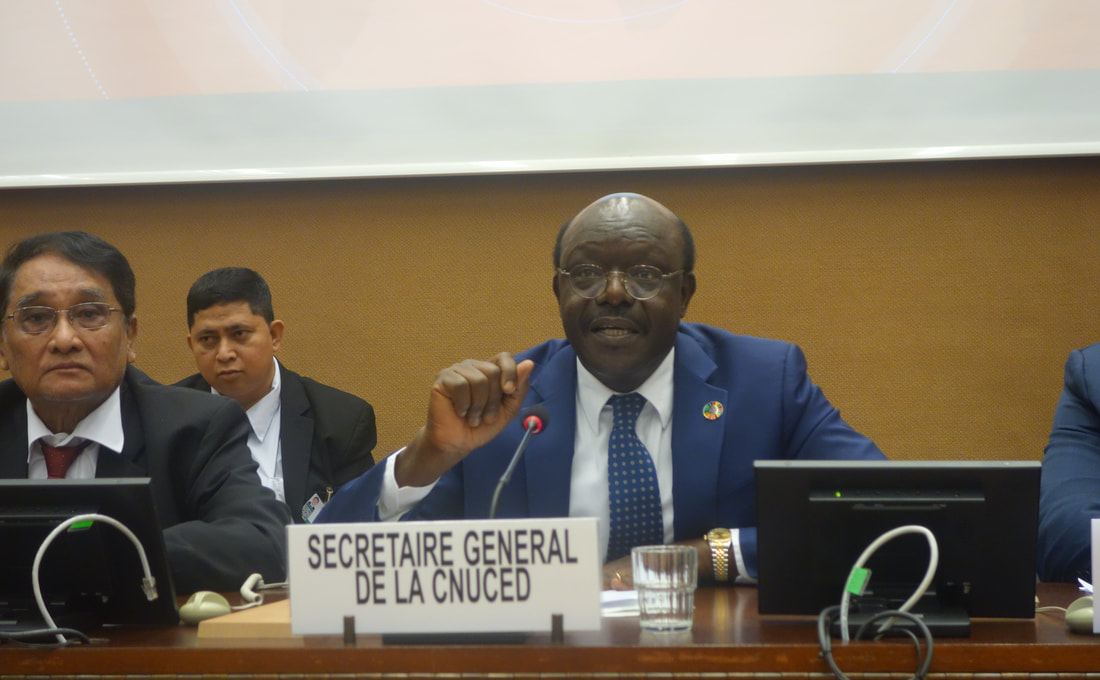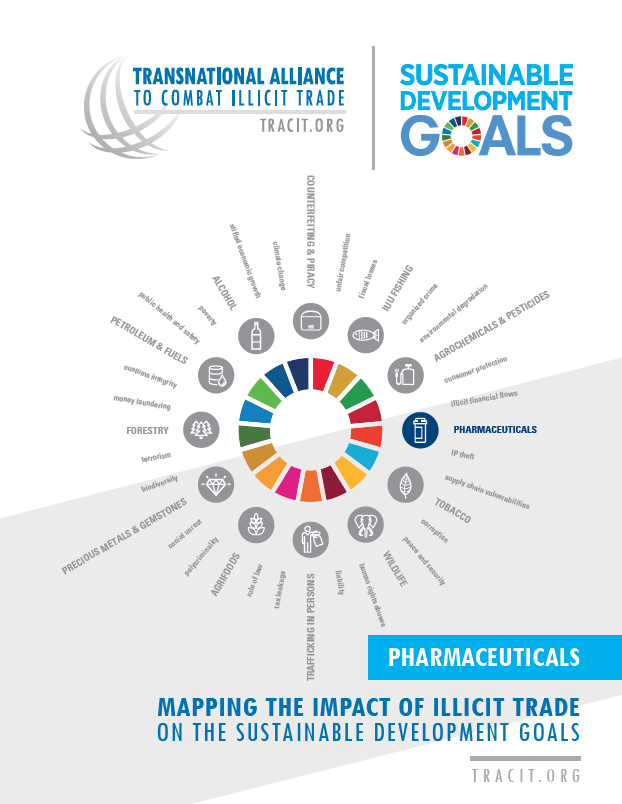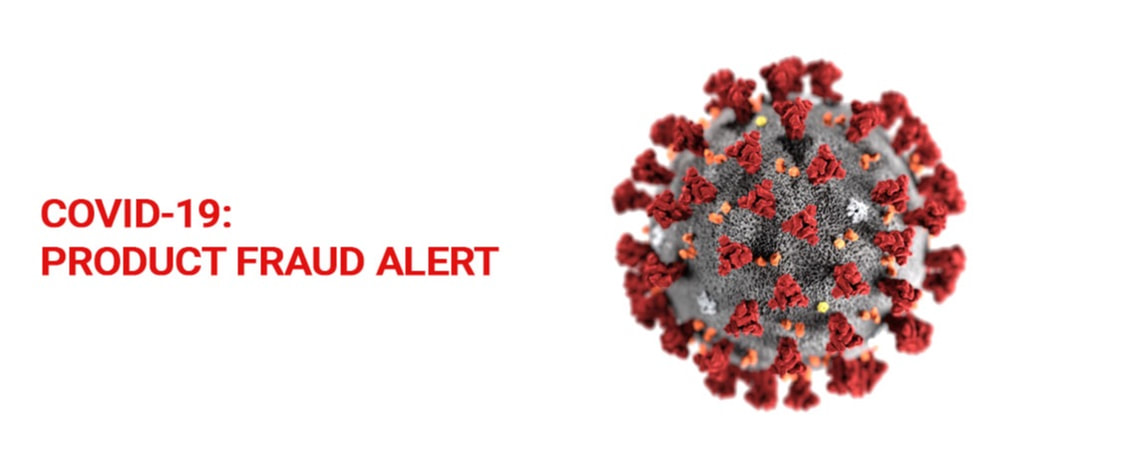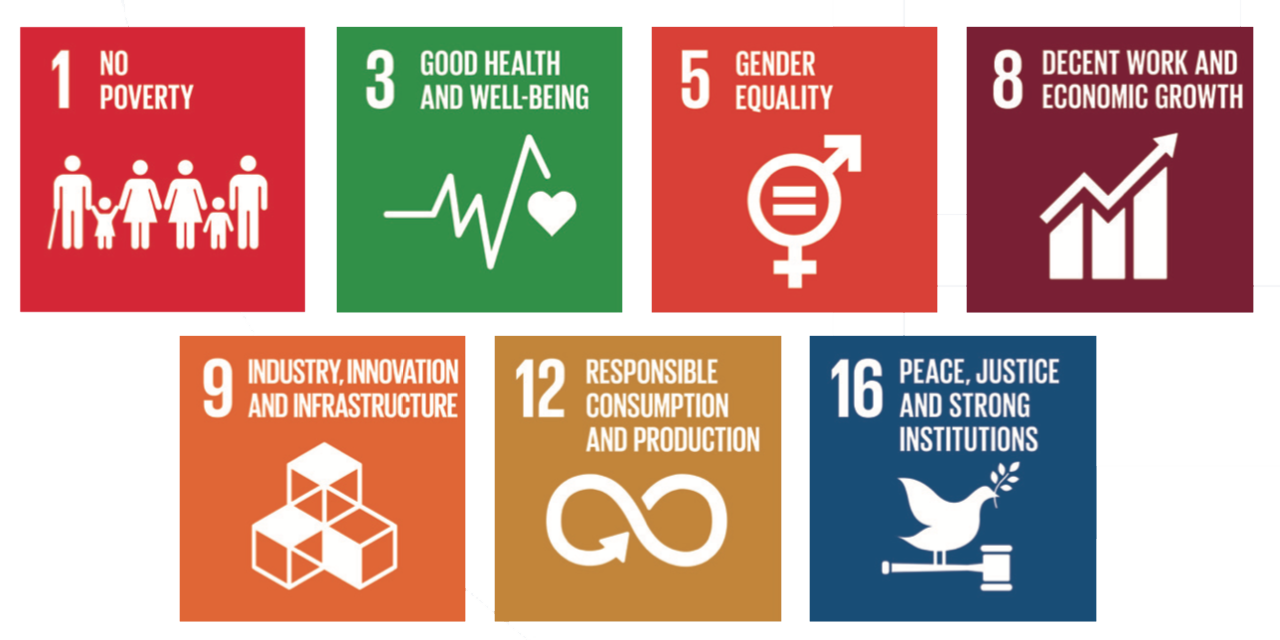Illicit Trade in Pharmaceuticals

Illicit trade in counterfeit pharmaceuticals is a US$ 200 billion per year industry (Irish, 2010) that not only has a direct negative impact on consumer health and safety, but also results in increased government health care costs as well as costs associated with regulation and enforcement. For the pharmaceutical industry, the illicit trade in counterfeit medicines results in lost sales and revenues, liability and reputational damage, and costs associated with the need to ramp up security and adopt new ways to track and trace their legitimate products. The World Health Organization estimates that the share of counterfeit medicines on the market range from less than 1% of total sales in developed countries to over 10% of total sales in developing countries (WHO, 2006). There is also evidence of a shift among organized crime groups from smuggling narcotics and weapons to counterfeiting medicines, possibly even with terrorist organizations (UNODC, 2009).
In addition to counterfeit pharmaceuticals, the trade in substandard drugs, which contain too much or too little of the active ingredient, may be contaminated, may be poorly packaged or fail to meet quality standards in other ways, with potentially severe consequences (WHO, 2005), is a major concern. The use of substandard drugs not only prevents treatment, it can also promote the development of drug resistant strains, in turn decreasing the effectiveness of legitimate medicines, raising costs for patients and healthcare systems, and causing reputational damage to business.
Featured report
Videos
|
WARNING: FAKE, FALSIFIED AND SUBSTANDARD MEDICAL PRODUCTS AND MEDICINESTRACIT has issued a statement warning consumers about the risks and growing availability of fake, falsified and substandard medical and healthcare products and medicines in the wake of the COVID-19 pandemic. TRACIT reports a surge in ineffective, fraudulent products that undermine public health and efforts to stem the pandemic. More... Learn how illicit pharmaceuticals undermine the achievement of the UN Sustainable Development Goals
From smuggling, counterfeiting and tax evasion, to the illegal sale or possession of goods, services, humans and wildlife, illicit trade is compromising the attainment of the UN SDGs in significant ways, crowding out legitimate economic activity, depriving governments of revenues for investment in vital public services, dislocating millions of legitimate jobs and causing irreversible damage to ecosystems and human lives.
The TRACIT report Mapping the Impact of Illicit Trade on the Sustainable Development Goals investigates illicit trade in 12 key sectors that participate significantly in international trade and are most vulnerable to illicit trade. For each sector, the negative impacts of illicit trade are mapped against the 17 UN SDGs. The full report is available here. Read the chapter: SDGs and illicit trade in pharmaceuticals Key facts Substandard and falsified medical products – Substandard and falsified medical products may cause harm to patients and fail to treat the diseases for which they were intended.
– They lead to loss of confidence in medicines, healthcare providers and health systems.
– Substandard and falsified medical products from all main therapeutic categories have been reported to WHO including medicines, vaccines and in vitro diagnostics.
– Anti-malarials and antibiotics are amongst the most commonly reported substandard and falsified medical products.
– Both generic and innovator medicines can be falsified, ranging from very expensive products for cancer to very inexpensive products for treatment of pain.
– They can be found in illegal street markets, via unregulated websites through to pharmacies, clinics and hospitals.
– An estimated 1 in 10 medical products in low- and middle-income countries is substandard or falsified.
– Substandard and falsified medical products contribute to antimicrobial resistance and drug-resistant infections. Source: World Health Organization |
